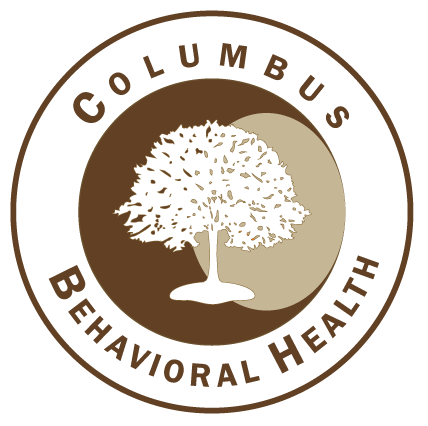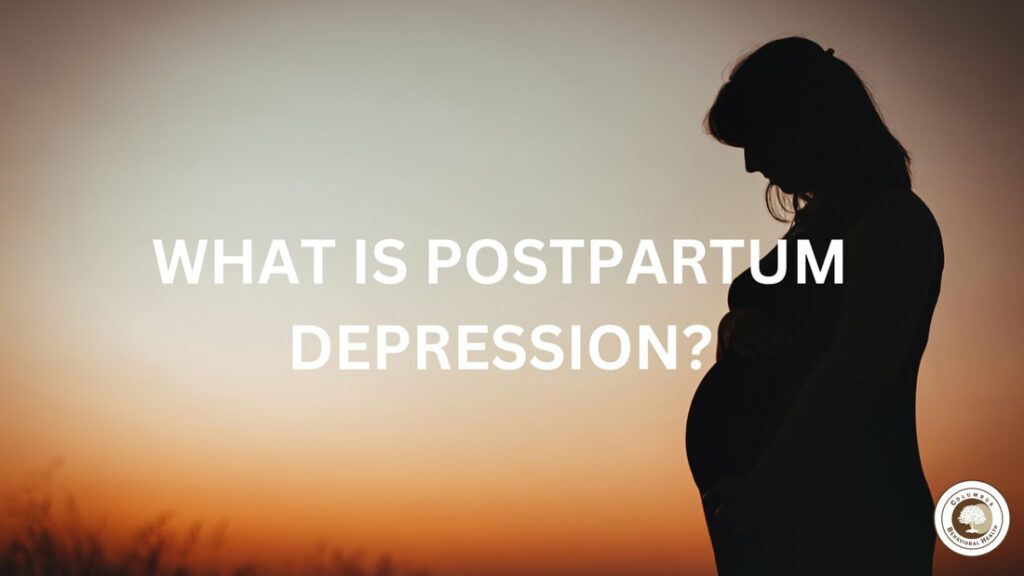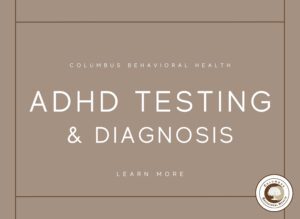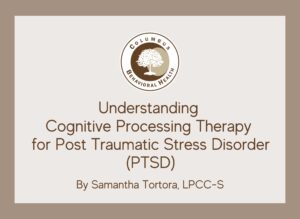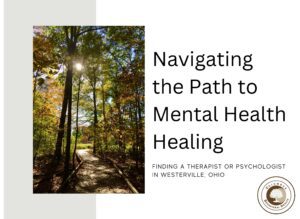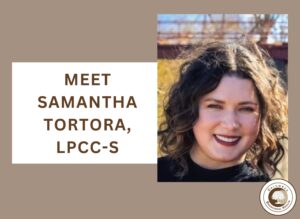What is Postpartum depression?
Postpartum depression is a mood disorder that can affect women after childbirth. Mothers with postpartum depression experience feelings of extreme sadness, anxiety, and exhaustion that may make it difficult for them to complete daily care activities for themselves or for others.
What causes it?
After childbirth, the levels of hormones (estrogen and progesterone) in a woman’s body quickly drop. This leads to chemical changes in her brain that may trigger mood fluctuations. In addition to these hormonal factors, many mothers are unable to get the quality sleep they need to recover from giving birth. Constant sleep deprivation can lead to physical discomfort and exhaustion, which can worsen symptoms of postpartum depression.
What are symptoms of postpartum depression?
-
- Feeling sad, hopeless, empty, or overwhelmed
-
- Crying more often than usual
-
- Excessive worry
-
- Feeling moody, irritable, or restless
-
- Sleeping too much or too little
-
- Having trouble concentrating
-
- Indecisiveness
-
- Excessive irritability
-
- Losing interest in activities that are usually enjoyable
-
- Suffering from physical aches and pains
-
- Eating too little or too much
-
- Withdrawing from friends and family
-
- Having trouble bonding or forming an emotional attachment with her baby
-
- Persistently doubting her ability to care for her baby
-
- Thinking about harming herself or her baby.
You might be more at risk for postpartum depression if:
-
- Prior episodes of postpartum depression
-
- Prior episodes of depression when not pregnant
-
- A family member has had it
-
- A stressful life event during pregnancy or shortly after giving birth (e.g., job loss, death of a loved one, domestic violence, or personal illness)
-
- Medical complications during childbirth
-
- Mixed feelings about the pregnancy
-
- A lack of strong emotional support
-
- Alcohol or other drug abuse problems
What can I do?
-
- Know that it is not your fault. Postpartum depression is biological in origin and nothing you did caused it.
-
- Schedule with your OBGYN to discuss your symptoms immediately.
-
- Schedule with a counselor who specializes in postpartum issues. Our clinician Amy Bush specializes in this.
Where to get more information:
-
- Mayo Clinic explanation for postpartum depression
-
- Learn more about postpartum anxiety, postpartum obsessive compulsive disorder, postpartum PTSD, and postpartum psychosis from AmericanPregnancy.org
